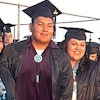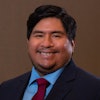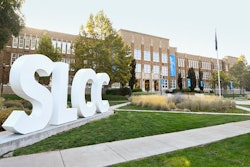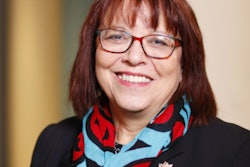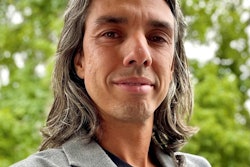Recognizing Tribally Centered Cultures
When Native students transfer to mainstream institutions, the biggest obstaclesto overcome often involve the admissions office.
By Mark Anthony Rolo
MADISON, Wis.
The drive from the Menominee Indian reservation to the University of Wisconsin-Madison may only be three and a half hours, but for American Indian students like Fawn Youngbear-Tibbitts, the journey towards completing a college degree can’t be measured in mere miles.
Youngbear-Tibbitts is one of a growing number of tribal college graduates pursuing a four-year degree. After earning her associate degree from the College of Menominee Nation, Youngbear-Tibbitts — who is a member of the White Earth Band of Ojibwe — set her sights on UW-Madison.
Transferring from a two-year institution to a four-year one can be stressful under the best of circumstances, but for Youngbear-Tibbitts and three other Menominee students, the road to UW came with its share of challenges. Fortunately for Youngbear-Tibbitts, adjusting to a more diverse cultural community was not one of the obstacles. “It’s pretty hard for me to get culture shock,” she says. “I’ve lived in New Zealand and other places. I didn’t have the problems that many Native students experience when they move away from home.”
Youngbear-Tibbitts says she knew going to UW-Madison full time would create more financial hardships for her family. But the single mother of two-year-old twin boys says the most challenging aspect of her transfer was convincing UW that the coursework she completed at Menominee was rigorous enough to prepare her for the four-year institution.
“I knew I was academically prepared.

